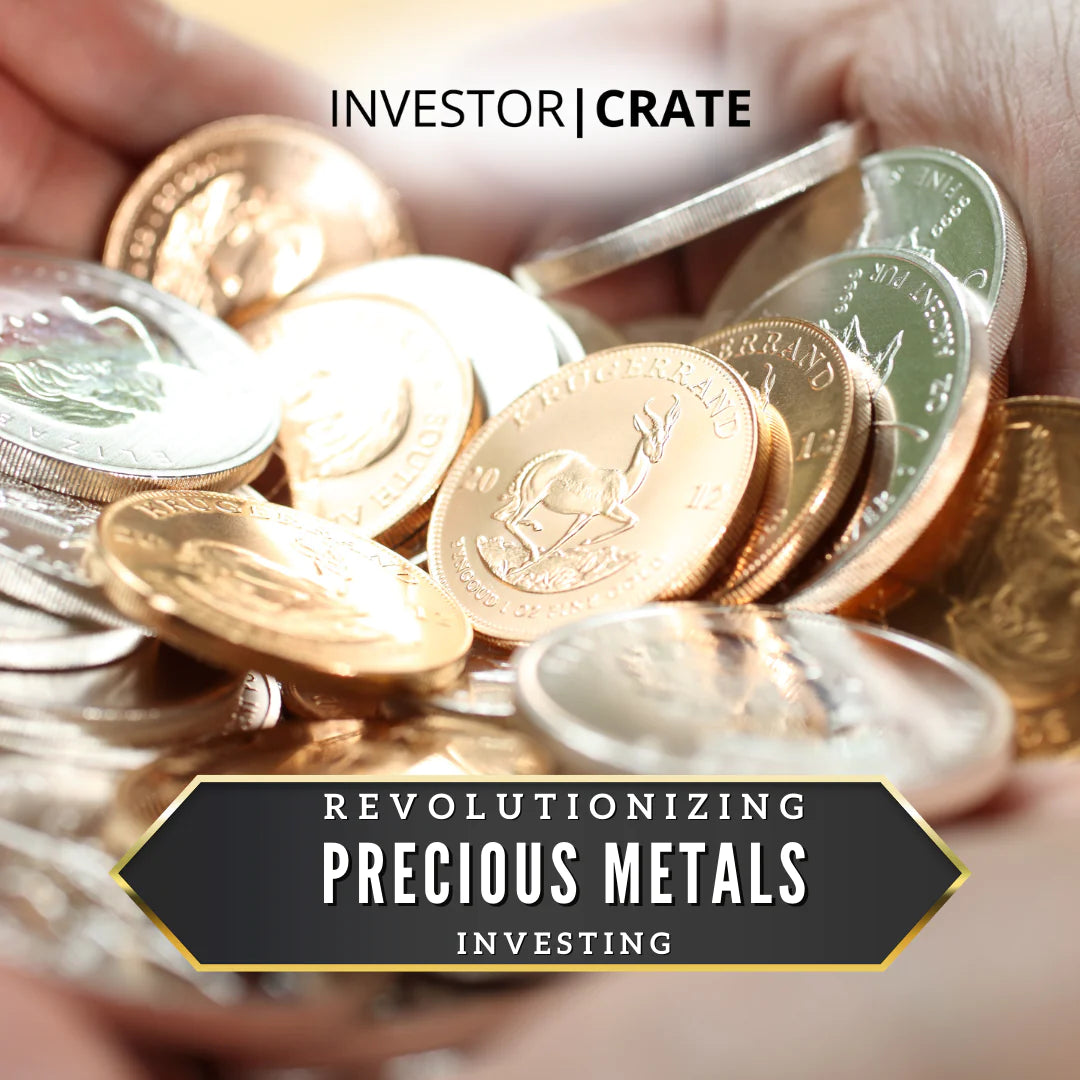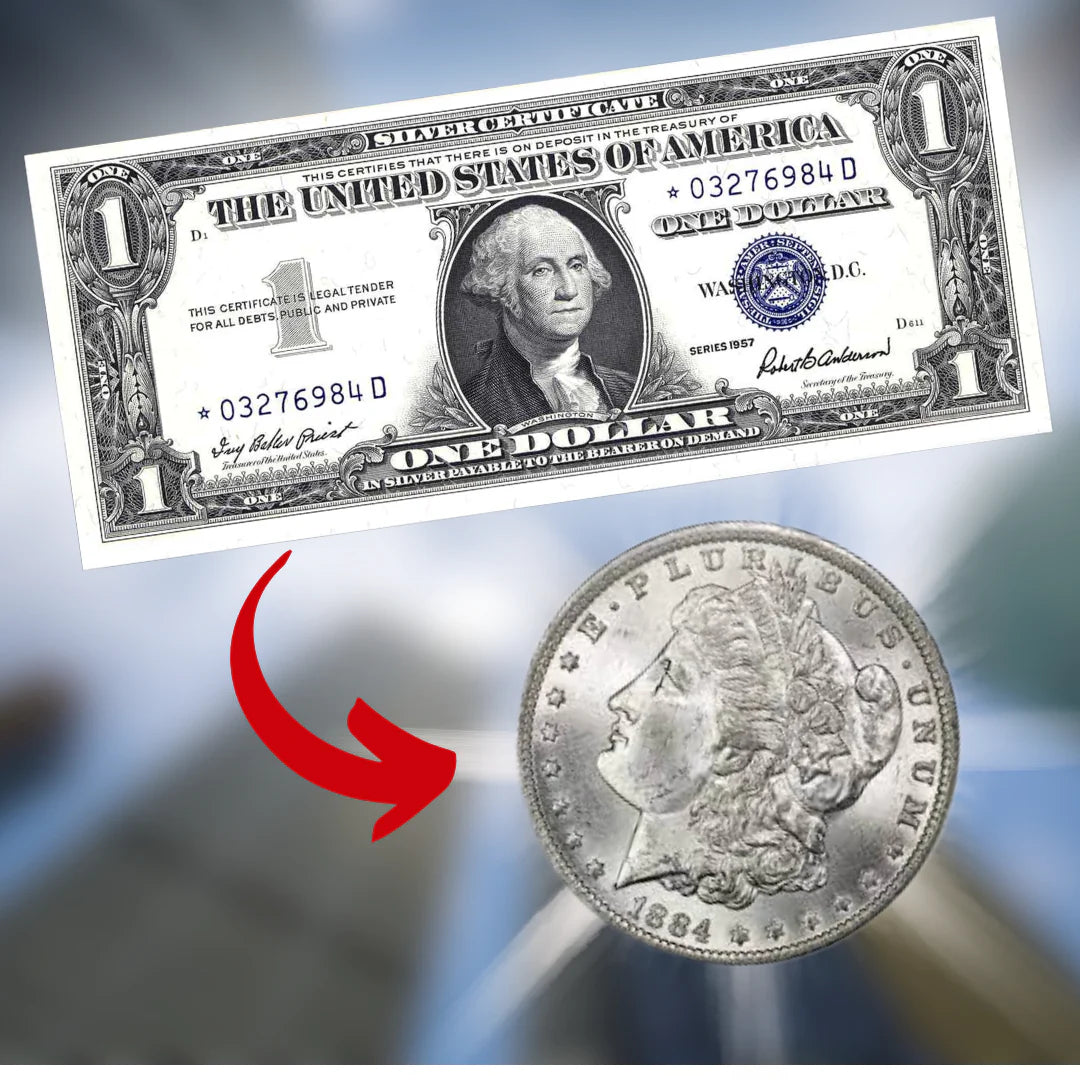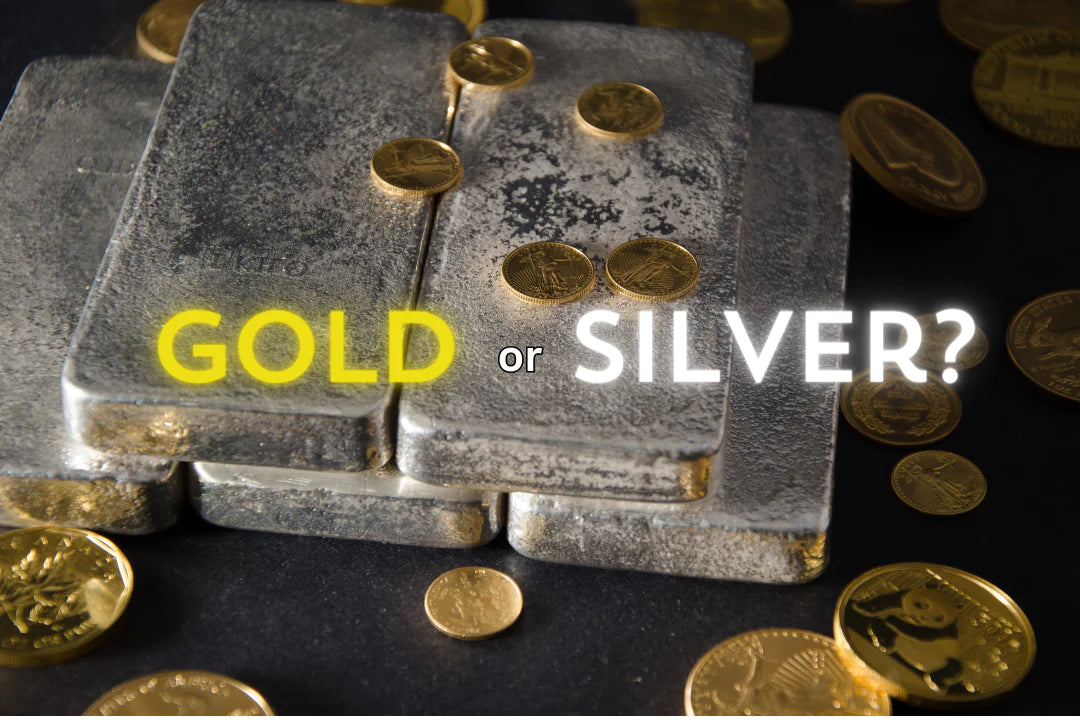Mark Phillips - August 15, 2021
Junk Silver or Silver Bullion?

The purchasing power of your paper $20 bill decreases by the day, and you know it. You're a savvy investor. You know that commodities keep value based on supply and demand. When paper money floods the marketplace, it loses its value.
A study of monetary history will reveal oversaturation of banknotes leads to hyperinflation. Eventually, the paper money is worthless. You have been watching the U.S. politicians print money to spend their way out of a crisis, and it concerns you.
You've decided to buy silver bullion with paper money while you still can. Diversifying your investment portfolio with silver helps to hedge against currency uncertainty. What types of silver can you buy? How do you go about purchasing silver? Should you stay away from junk silver?
Learn the answers to these questions. Keep reading to find out more.
Junk Silver or Silver Bullion
Who would buy junk silver? The misleading term junk silver refers to United States coins made of 90% silver. Coins minted in 1964 and earlier fall into the junk silver category. The coins possess little value as a collectible giving them the moniker junk. However, the coins do hold the actual silver bullion value assessed by their weight. Coin collectors don't have much use, but silver investors buy junk silver for the bullion value.
Silver bullion is minted specifically for silver investing. Bullion is highly concentrated silver that's 99.9% (.999) pure. Its higher purity makes it more valuable than junk silver.

Amazing to hold in your hand, pictured is a rare vintage 50 oz Silver Bar and some newly minted renditions of the Morgan Dollar by a private mint.
Types of Silver
You can buy silver in several forms. What type of physical silver you choose to purchase depends on you, your budget, and your goals. Here are the types of silver you can buy:
Silver Coins
Silver coins produced by government-backed institutions easily convert to cash. Dealers worldwide are familiar with silver coins, so they have less acquisition risk. The government stamp of approval ensures the purity and quality of the silver. It makes it easier to authenticate them.
People confuse silver rounds with silver coins because they are similar in size, shape, and metal purity. Private companies mint silver rounds, making them harder to authenticate. Silver rounds weigh 1 oz. The same troy ounce weight as 1-ounce silver bullion coins. Dealers trick novice investors into buying at higher premiums, convinced of their scarcity. Silver investors buy silver for its purity over its collectibility.

Silver Coins from Australia, the United Kingdom, the United States and Canada.
Bullion Coins
Standard silver bullion coins come in 1 oz sizes. Bullion coins maintain high liquidity and quickly convert to cash. The coins come in 2-ounce and 10-ounce sizes but the smaller the weight, the easier it is to sell.


Silver Bars
As the name says, this silver type comes in bars shaped like rectangles. Many people think silver bars have higher purity than coins. It's not true.
Silver bars and silver coins carry the same amount of 99.9% pure silver by weight.
Silver bars carry lower premiums because they are easier to manufacture. Silver bars stamped with a serial number make them easy to authenticate. Converting silver bars to cash is more complicated than converting silver coins.
Junk Silver
United States coins minted in 1964 or earlier make up junk silver. These coins once operated in the circulation of the U.S. economy. Junk silver is a less expensive way to buy as it is only 90% pure. Copper makes up the other 10%. These coins resemble money already in circulation, making them easy to identify.
Junk silver coins you can buy include:
- Roosevelt dimes
- Washington quarters
- 1964 Kennedy half dollar
- Benjamin Franklin half dollar
- Walking Liberty half dollar (post-1933)
- Mercury dimes
- Barber quarters
- Barber dimes
- Morgan silver dollar
Buying junk silver is a great way to get started if you are new to investing in silver. The lower premiums allow you to get a taste for buying silver without too much risk. If you decide it's not for you, then you haven't laid out a lot of cash.
Verify the Seller
Investing in anything requires that you do your due diligence. Don't underestimate the value of investigating your seller. In this fast-paced world, getting taken by unscrupulous people happens all the time.
When selecting a seller, check reviews from other customers who have purchased. Reading up on the experience of other people helps you determine what dealers you want to work with. Beware of anything that sounds too good to be true. Keep informed of the fair market price of silver to avoid overpaying.
Look within your social circle. Sometimes you can find the answer in your backyard. Friends and acquaintances are a wealth of knowledge when looking for recommendations. You may already know someone who deals in silver. You likely know someone who has bought silver from a dealer. Their transaction experience can help you. Knowing a friend's satisfaction with their silver investment will increase your confidence.
Trust your gut. Intuition has a purpose, to guide you away from making bad decisions. If you get a funny feeling because the dealer is making a hard sell, it's time to back away. You may not even know why you don't trust the person. It doesn't matter if something feels "off" to you. Find another silver dealer.
Why Purchase Physical Silver
With so many sophisticated investing strategies today, why choose physical silver? It's real money that retains its value in economic collapse. Stocks or mutual funds subject to the whims of the market can depreciate. Or, worse, disappear overnight. Silver won't decline due to a downturn in the market.
Silver investment is more accessible to people than gold because it's cheaper. Investors with limited capital purchase silver because of the variety of smaller denominations. It makes it easier to use than gold. Silver's history of outperforming gold in bull markets makes it attractive to investors.
Gold is mainly used in jewelry, where silver has uses beyond its monetary value. Modern technology makes use of silver in everything from cell phones to solar panels. The extensive use of silver across industries means demand is strong. Its use in 21st-century technology means demand will continue to grow. That's good news for silver investors!
Your Future Depends on What You Do Now
You're living in a time of great economic uncertainty. It's time to diversify into hard assets that can survive the shifting sands of a volatile economy. Investing in silver bullion provides a hedge against any investments vulnerable to the stock market.
Check out our resources. Learn how we help you invest in silver.





My personal preference is Bullion but if you can get a good price, junk is all good.
Interesting and thinking about buying Junk Silver
I buy both if the price is right.
Good article explaining the different types of silver and how each of them besides junk silver are pretty much worth the same.